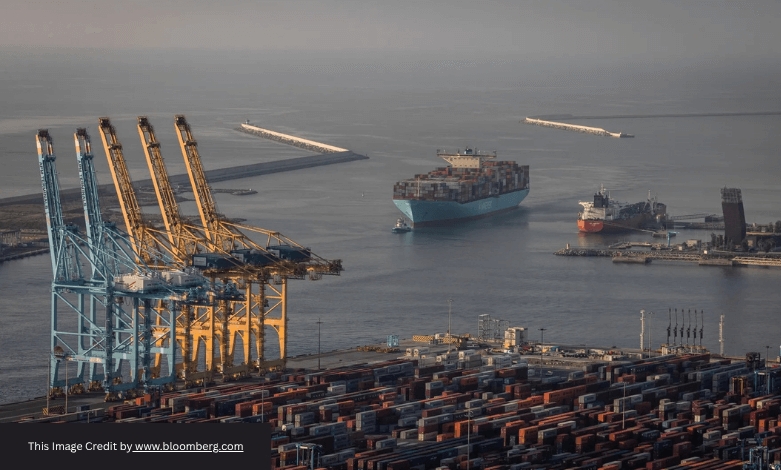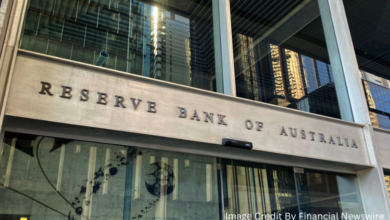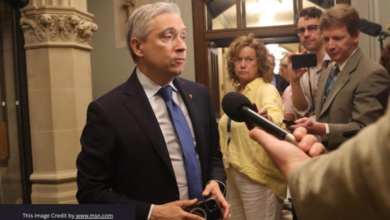Trump’s Trade War Reloaded: What the End of the 90-Day Tariff Pause Means for Global Markets

As of July 7, 2025, the temporary tariff truce initiated under former President Donald Trump’s administration has expired. This pause was initially seen as a cooling period in Trump’s Trade War and the ongoing trade friction between the United States and its major partners—particularly China and the European Union. Now, this truce is over. It is reigniting concerns about rising costs, market instability, and strained diplomatic ties.
According to officials close to trade policy circles, the White House has not indicated a renewed pause or restructuring effort. The continuation of trade frictions indicates Trump’s Trade War is far from over. It also sparks speculation about what lies ahead for businesses and consumers alike.
Trade Frictions Reignite: Why This Pause Mattered
The 90-day tariff freeze was designed to give negotiators time to reassess complex supply chain dependencies and inflationary impacts. Analysts say it offered relief to companies facing mounting shipping and production costs. This relief was especially true in sectors like technology, auto manufacturing, and agriculture. All of these sectors had been impacted by the battles of Trump’s Trade War.
Historically, the Trump-era trade war led to tit-for-tat tariffs between the U.S. and countries like China, Canada, and the EU. This resulted in billions in losses and shifted global supply chains. Many hoped the pause would set a foundation for long-term reform. Instead, the expiration has reintroduced uncertainty.
“The pause helped temporarily—but without a structural reset, tariffs were always going to come back,” says Megan Lu, a trade policy analyst at the Brookings Institution.
Who’s Affected, and What Happens Now?
The immediate fallout is being felt in stock markets, with the Dow Jones Industrial Average slipping amid renewed trade fears. U.S. importers are preparing for higher costs on goods such as electronics, machinery, and raw materials. This increase is partly due to the lingering effects of Trump’s Trade War. Meanwhile, global partners are weighing their responses, with some officials hinting at retaliatory measures.
On the human level, small businesses and consumers are likely to bear the brunt. Higher import taxes could mean increased prices at the checkout counter, delayed shipments, or limited availability of products.
Looking forward, the business community is calling for clarity and consistency in trade policy. Economists predict that if another round of negotiations doesn’t emerge soon, we could see more volatility across global markets. These markets are affected by Trump’s Trade War.
A Global Wake-Up Call
This moment underscores the fragility of international trade relations in a polarized economic climate. The U.S. government must now decide: double down on protectionist policies or pivot toward cooperation?
Whatever direction is chosen regarding the aftermath of Trump’s Trade War, this renewed trade pressure is a reminder that global economies are deeply intertwined. Indeed, isolated decisions can have widespread ripple effects.







